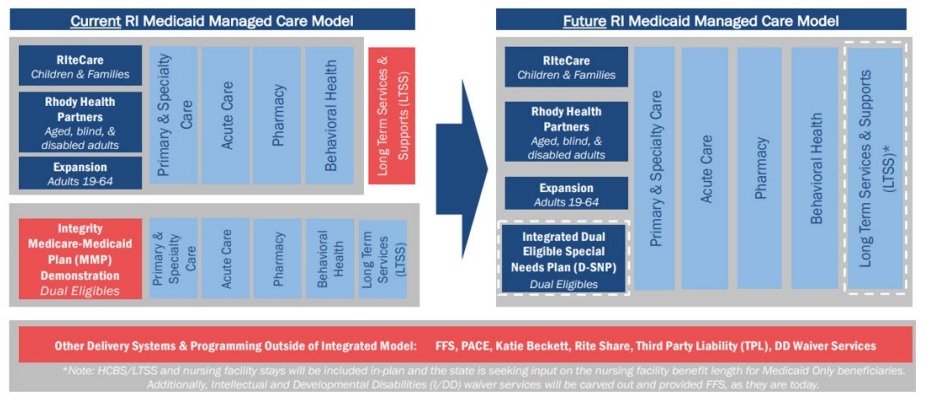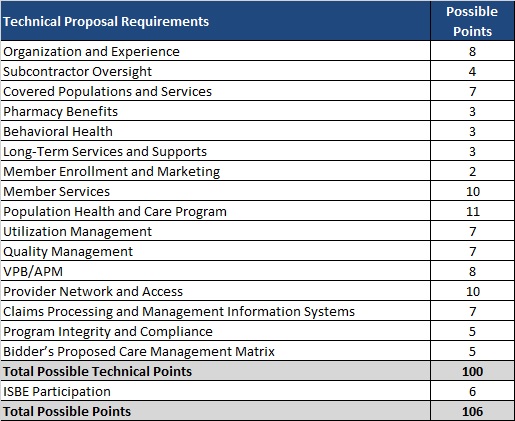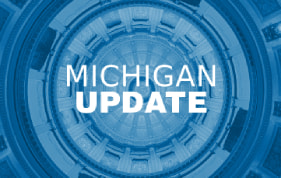Money is always “top-of-mind” among non-profit leaders, from CEO’s at Federally Qualified Health Centers (FQHCs) to Executive Directors at Community-based Organizations. To supplement projects and retain the ability to further their missions, non-profit organizations (NPOs) need funding. When non-profits and funding sources are not well aligned, programs are cut, curtailed, or never launched. Assisting clients in pursuing alternative funding sources requires a creative yet methodical approach to promote success and boost organizational sustainability.
Devising a framework for non-profit funding presents challenges. Funding models/strategies cannot be too general nor too specific. There is not a single approach, a one size fits all model or sourcing strategy for non-profits to pursue. Instead, non-profit leaders must clearly articulate the funding model or strategy that best supports the growth of their organization and use that insight to examine the potential funding opportunities preeminently associated with organization-specific success. For example, a community health center serving patients covered by Medicaid and a non-profit organization doing development work in housing for the homeless are both funded by the federal government, yet the type of funding each receives and the decision makers controlling that funding are very different. Utilizing the same funding methodology for the two would not be productive. Fortunately, there are multiple methods and strategies to acquire funds. Non-profits should be strategic in seeking approaches suitable to their needs and capabilities and be creative in pursuing more than one model to acquire supplemental funds.
The core success of NPOs is based on a range of funding options, private grants and government grants, corporate sponsorships, private funding, endowments, and community fundraising. There is also a considerable amount of money available from the public sector, businesses, charitable trusts, foundations, in-kind donations, and local and state legislative bodies. The goal of any successful fundraising campaign is to convey fully what the money is or will be supporting and clearly articulate the projected positive outcomes that will be derived from the funding. Once the project is fully clarified, the next step is research. Many funding avenues exist. The NPO must decide which funding sources are best suited for each project and pursue those options.
When choosing potential funding sources, NPOs must consider the size of their organization, their mission, and various other defining characteristics. Once this internal due diligence is completed, revenue needs should be clarified, and a tactical fundraising strategy outlined. Creating a “ratio” with the end-result in mind allows for revenue diversification and avoids the too heavy reliance on one income source. For example, an NPO might project obtaining 50% of needed revenues from grants, 20% from a corporate sponsorship, and the remaining 30% from a foundation. Once the funding sources have been identified, the types of decision makers and the motivations of these decision makers must be evaluated. Then, a tactical roadmap designed to obtain the needed funding should be implemented.
As society looks to the non-profit sector to solve important problems, a realistic understanding of funding models is increasingly important to realizing these aspirations. As consultants whose mission is to turn challenges into triumph for our clients, championing efficacious, high-yielding funding models ensures long-term viability for the organizations we serve.
Success relies on planning. It is much better to be proactive than reactive. Consider your organization’s funding needs, do your research, and lay the groundwork before diving into any fundraising pursuit. An assessment of your organization’s current funding strategies is essential. What is working; what is not? Is the current funding source reflective of the organization’s mission and values? Use the answers to these questions to make decisions and recommendations on which fundraising strategies to source. Get creative! Brainstorm unconventional ways your organization will stand out to potential funders, but be analytical. Balance creativity with data, keeping in mind which funding strategy reflects the best return. Focus time and energy on the funding model that will be most reliable, profitable, and feasible.
The non-profit world rarely engages in a succinct conversation about an organization’s appropriate long-term funding strategy. That is because the different types of funding that fuel non-profits have never been clearly defined. More than a poverty of language, this represents and results in a poverty of understanding and clear thinking. As consultants, HMA can provide an outside perspective and sort through the minutia presenting a clear, methodical, appropriate path to fundraising success.
Potential links to aid in your fundraising endeavors:
https://www.fqhc.org/funding-opportunities
https://www.samhsa.gov/grants
https://www.usgrants.org/business/mental-health-services
https://www.ruralhealthinfo.org/topics/mental-health/funding
https://about.bankofamerica.com/en/making-an-impact/grant-funding-for-nonprofits-sponsorship-programs
https://theathenaforum.org/grants
HMA works with a wide variety of healthcare clients, including FQHCs, community-based organizations, hospitals, provider practices, behavioral health, and managed care organizations, and can help with:
- Grant Writing
- Technical Assistance
- Strategic Planning
- Financial planning, Implementation and Optimization
For more information about how HMA can help your organization’s grant and funding strategies, contact our experts below.








